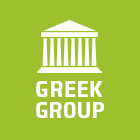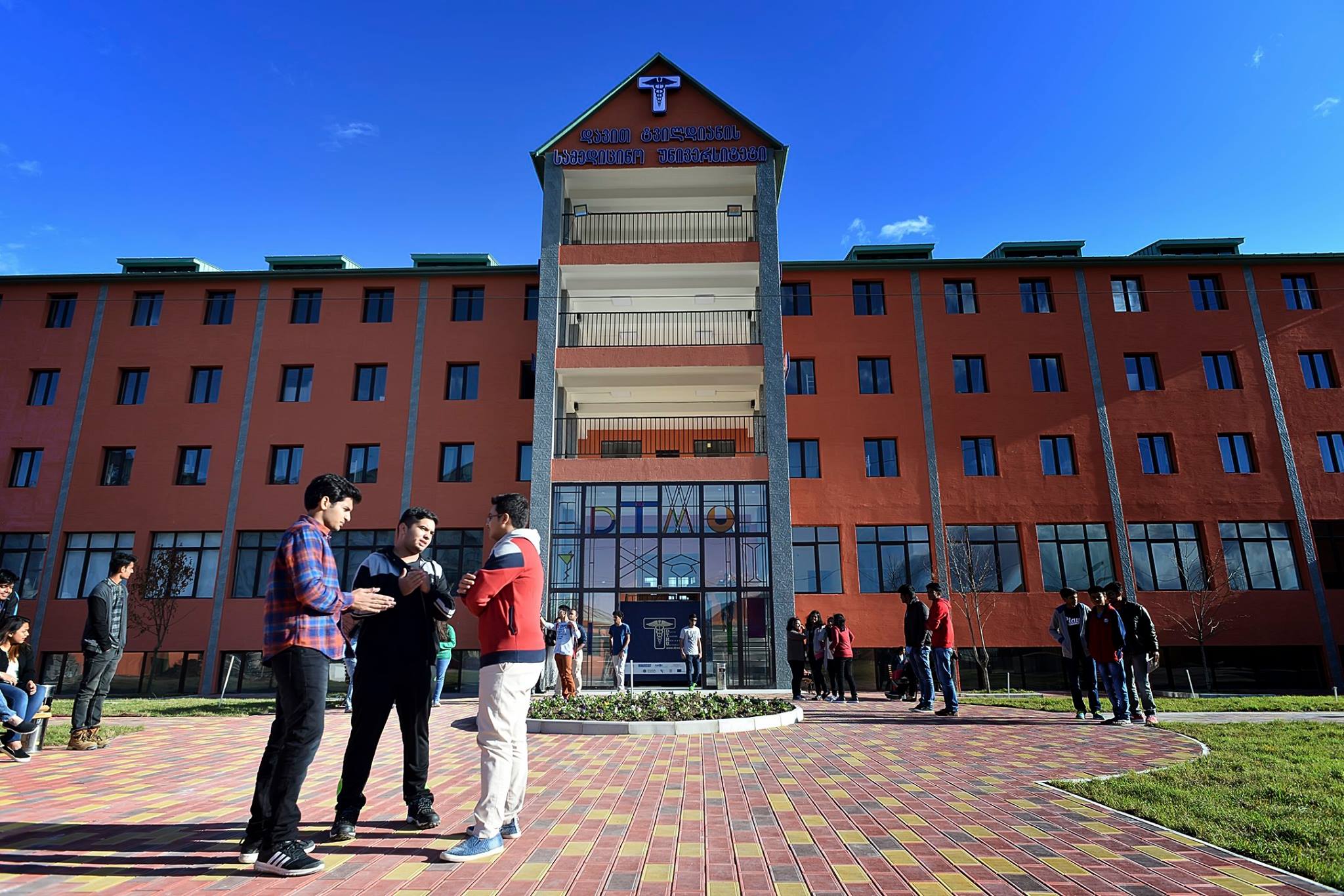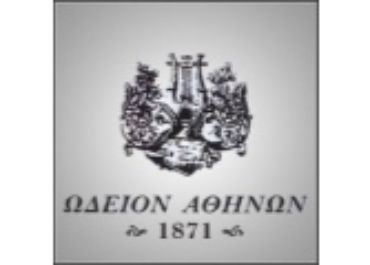ABOUT THE UNIVERSITY
AIETI Medical School is the first non-governmental highest educational Medical Institution in Georgia established by Academician David Tvildiani and Dr. Dimitri Tvildiani in 1989.
After developing Residency, PHD and Doctorate programs and adding the Nursing School, AIETI Medical School has been upgraded by the National Authorization Council to the status of an University and from 2011 is named after its founder and the first rector as “David Tvildiani Medical University”.
Based on the university's 29-year-old experience, it has significantly contributed to the field of medicine in order to prepare worthy doctors. No matter where AIETI graduates pursue their occupation, in Georgia or abroad, they are already professionals, attentive to their patients and full of responsibility towards the field and the society.
AIETI Medical School Has been recognized by the WHO (World Health Organization) and listed in “ World Directory of Medical Schools” in 1995. Shortly after that, it’s diploma hasbeen verified and authorized by the Medical Examination Committees of the USA, different countries of Europe and Asia.
Currently, David Tvildiani Medical University and its “AIETI Medical School” are active members of:
- Association of Medical Schools in Europe (AMSE);
- Association of Medical education in Europe (AMEE);
- ORPHEUS – Organization for PhD Education in Biomedicine and Health Sciences in European System;
- Foundation for Advancement of International Medical Education and Research (FAIMER);
- Eurasian Universities Union (EURAS)
SYSTEM ORIENTED MD PROGRAM
The structure and format of the MD curricula and the teaching management system are original, holding the copyright. They are specially designed to increase the efficiency and comprehensibility of the learning process: Modules are integrated into organ – system oriented rotations. An academic year consists of 40 instructional weeks (240 instructional days) divided into two 20-week semesters: fall and spring semesters. The semesters are separated by holidays. On the base of ECTS (Europe Credit Transfer and Accommodation System) 30 credits are attached to the workload of each 20-week semester. Thus, one academic year comprises 60 credits; one credit equals 30 working hours, 16 hours of which are contact hours and 14 hours are intended for student’s independent work. The learning process is performed 6 days a week , 4 hours a day. Each rotation is concluded by a complex test – quiz. Student knowledge assessment is a computer based testing that ensures maximal objectiveness.
SYSTEM ORIENTED MD PROGRAM WITH e-PBL
Since 2014-2015, a new, “Problem Based Learning” (PBL) style MD program has been accredited at DTMU. This has been developed in the framework of ERASMUS Universityproject named “Establishment of the Supra-Regional Network of the National Centers in Medical Education, focused on PBL and Virtual Patients”. The Program lasts for 6 years and consists of 376 credits. New teaching methodology - Problem (patient case, scenario) Based Learning has been implemented at Basic (theoretical) medical sciences teaching, which will assists in:
(a) learning of basic medical sciences in context,
(b) increase in readiness for next study stages (clinical stage of the program, postgraduate/ residency programs) and medical practice.
PHD PROGRAM
This program is intended for masters of medicine or biology. The Goal of the Program is getting essential competences and skills in biomedical and health sciences for further independent academic and scientific activities. The Program is intended to provide a deep and thorough knowledge in particular field of research. The program lasts 3 years and includes a total of 180 credits, 150 of which are given to the research component accomplished by research thesis (dissertation) defense. Along this, an indispensable prerequisite for a defense admission is 30 credits of mandatory learning component fulfillment which includes diverse academic courses and activities.
The program is implementing in 3 scientific topics:
– Molecular, Structural and Functional Bases of Normal and Pathologic Processes:
• Current Perspectives and Future Prospects
• Integral Molecular and Cellular Responses of Human Organism to the Pathologic Processes
- Constitutive Factors of Diseases Etiology, Clinical Course and Epidemiology
- Leadership Medical Education: Research and Innovation





